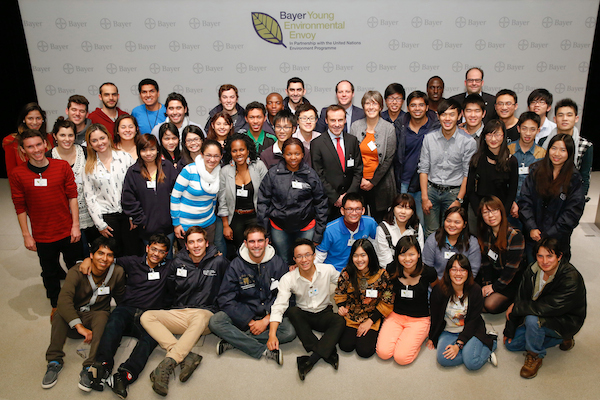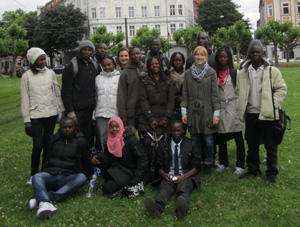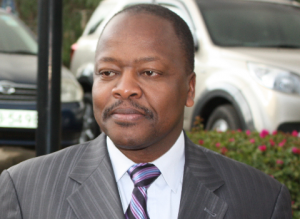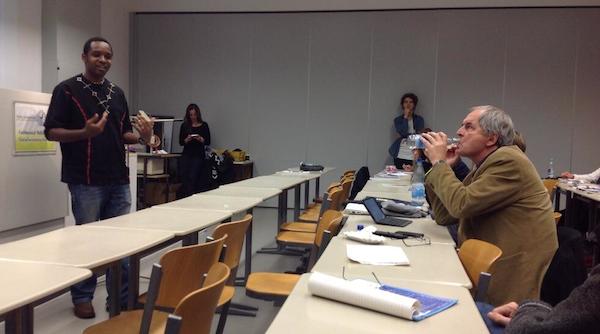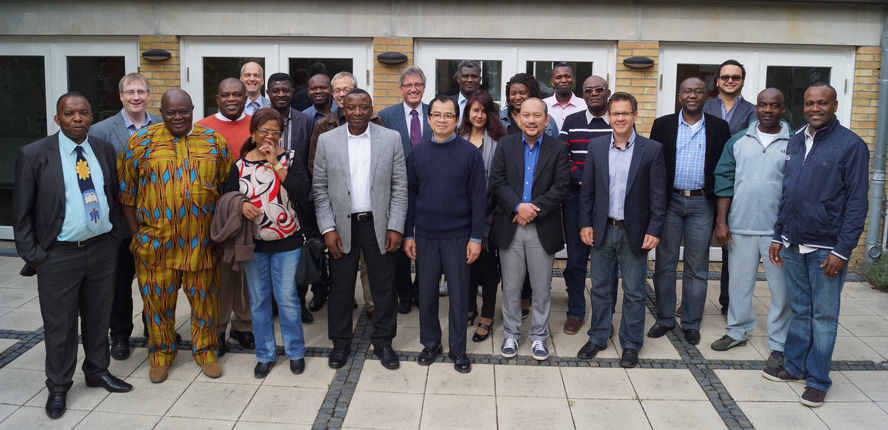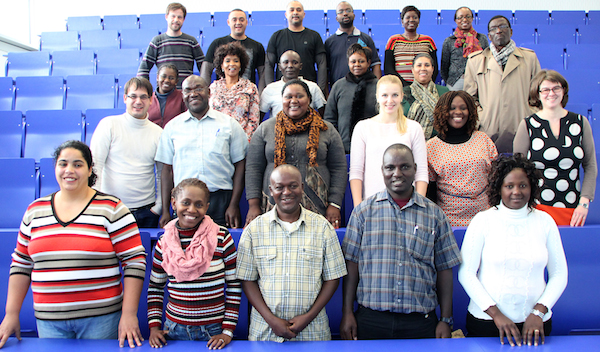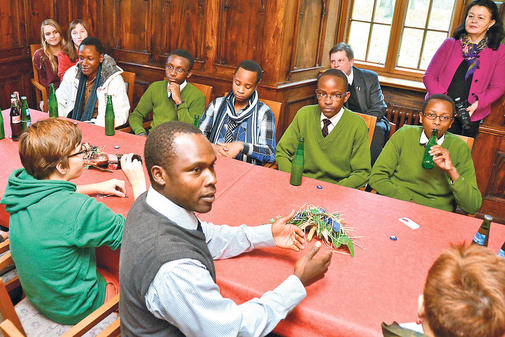50 young leaders from 19countries were this month invited to Bayer in Leverkusen to discuss “sustainable solutions for managing the food supply”. The project that was financed by Bayer and UNEP, saw thousands of young people apply but less than a hundred getting a chance to take part.
Two Kenyans, Wallace Chwala and Jessica Mukiri, made it to the best 50 with Wallace Chwala bagging the first place of the “Young Environmental Leader Award”. The 23 year old Kenyan, Wallace won €1,000 in addition to the award for his novel composting system by re-using plastic bags. The plastic bags increase the temperature and reduce the time it takes to compost organic waste.
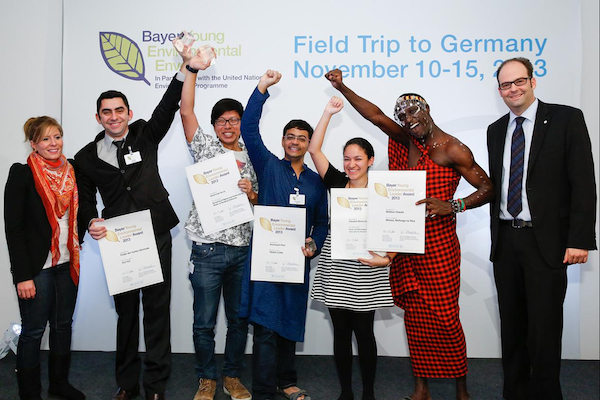
Other awards went to Felipe dos Santos Machado (20) from Brazil and Kevin Lee Jia Le (19) from Singapore developed new and energy efficient construction materials on the basis of waste materials. Claudia Maria Escobar Prado (21) from Costa Rica is researching a sustainable alternative to silicium solar cells, which are very expensive in her country. Soumyajit Paul (21) from India created a light-transmitting concrete through the incorporation of optical fibers. This could be an option for using sun light for indoor lightning. All the honored projects stand out in terms of their innovative character and potential to serve as a model.
Following intense discussion with the students, Bayer CropScience CEO Liam Condon was impressed with their level of knowledge and commitment. “Young people who get involved in the urgent issue of securing an adequate and healthy food supply for the global population deserve high recognition and support,” Condon said. James Lomax, UNEP Programme Officer Agri-Food, reinforced this statement: “Through our global Think, Eat, Save campaign, we want to change behaviors and encourage sustainability in food production and consumption. The commitment demonstrated by these young people is exemplary, and this exchange on an international level gives them a tremendous opportunity to expand their horizons and develop networked solutions.”
Heike Ostermann, Gesellschaft für internationale Zusammenarbeit (GIZ) GmbH, advisor for sustainable agriculture, underlined: “In time of largely growing demand for food, high losses within the value chains are unacceptable. These losses not only undermine food security but they constitute an important environmental burden on our limited natural resources. Development cooperation is key to foster minimizing food losses and food waste and raising efficiency for a sustainable food production.”

